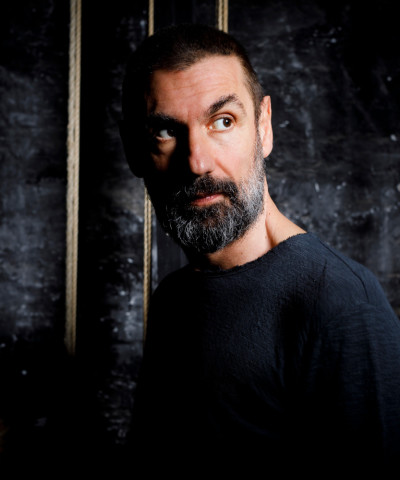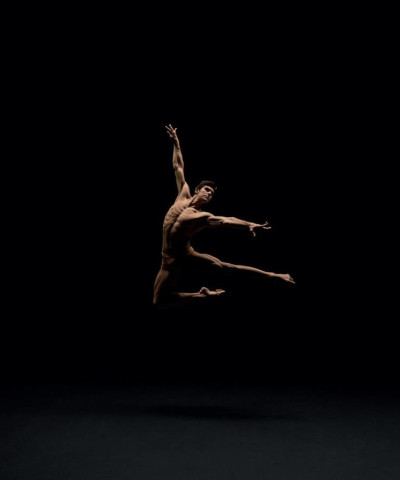Fabrizio Gifuni
Exclusive interview with one of Italy’s most accomplished and fascinating actor
Fabrizio Gifuni played Franco Basaglia in a brilliant small-screen film, C’era una volta la città dei matti. He played Aldo Moro in Romanzo di una strage by Marco Tullio Giordana. He played Giovanni, the rich and ruthless financier in the extraordinary Human Capital by Paolo Virzì. As stage actor, he has performed in a play by Pasolini and in a show based on texts by Gadda, the fruit of ten years of work with Giuseppe Bertolucci, which he will be staging again at the Pergola Theatre from March 24 to 29, 2015. He will also be making his debut in the new play directed by Luca Ronconi about the Lehman Brothers saga in January at Milano’s Piccolo Theatre. Among the many, prestigious and richly-deserved awards he has received so far is the Premio Napoli 2014 for Italian language and culture.
What do you love most about theatre and about filmmaking?
As far as theatre is concerned, I love the live, human, physical experience which, every night, generates a magnetic field produced by the interaction of real people. An experience all the more fascinating when you consider that in the age of Internet virtuality has literally led to the dematerialization of bodies. As for filmmaking, I enjoy breaking into somebody else’s life, disappearing behind the character I play.
Gadda Goes to War, the show that will be held next March at the Pergola Theatre, completes the project on Pasolini you started working on with Bertolucci years ago. What is the fil rouge running between them?
This project has been the core of my work in the past ten years. Two shows, the first one, Na’ specie di cadavere lunghissimo, premiered in 2004, and then, in 2010, I played in Gadda Goes to War. Since then, the plays have been staged together or separately or, as is the case with the Pergola Theatre, with an interval of one season between each other. Anyway, I always try to have both shows held in the same theatre, for I see them as a common project. The two plays offer the opportunity to create, through the words of two masters of twentieth-century Italian literature, a detailed chromosome map of Italy and Italians, allowing us to better orient ourselves in the contemporary world.
You will be starring in the new play by Luca Ronconi about the Lehman Brothers saga. That’s quite a coincidence, isn’t it?
Well, yes, because the story of Human Capital is inspired by a real-life event, the Lehman Brothers bankruptcy in 2008. And now, out of pure coincidence or as part of a supernatural and mysterious plan for my life, I find myself playing a role in the extraordinary play by Stefano Massini, Lehman Trilogy, which tells what happened before the final blow, the story of the rise and fall of the Lehman brothers from the mid-1800s on.
When the three brothers emigrated to Alabama from Baviera and began trading fabrics and clothing, and then cotton, coffee, and entered the railroad business and so on and, at last, founded the bank that collapsed in 2008. The story is also a parable of the rise and fall of Western capitalism, told with extraordinary rhythm and great sense of humour.
What struck you the most about Paolo Virzì?
The fact that he fights like hell to bring out the complexity in his characters. Paolo firmly believes that characters are like real-life people: not all bad or all good, all ugly or all pretty.
His characters are never monochrome. And I was also struck by his insatiable longing for fun and play, his non-stop inventiveness ,just like a child, an aspect of his personality that makes me feel close to him.
What has this film meant to your career?
Apart from the impact on my career, the success it met with in Italy and abroad and the awards it received and those it will or will not receive in the future, I feel that this is a very, very important film.












